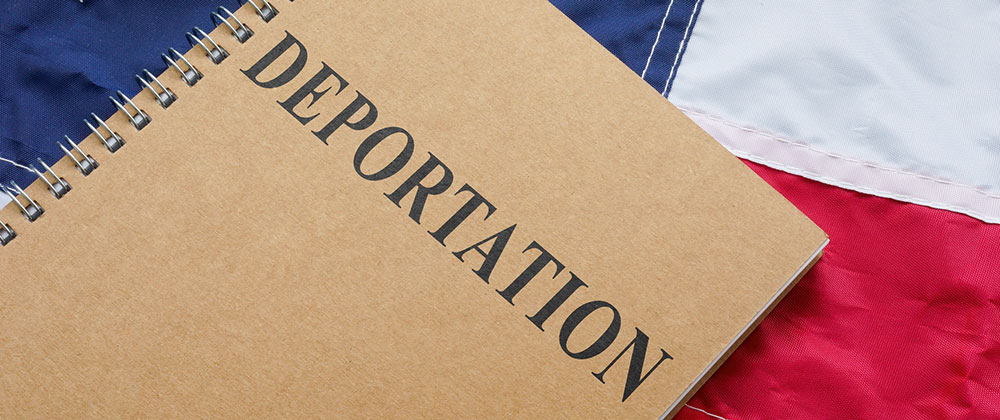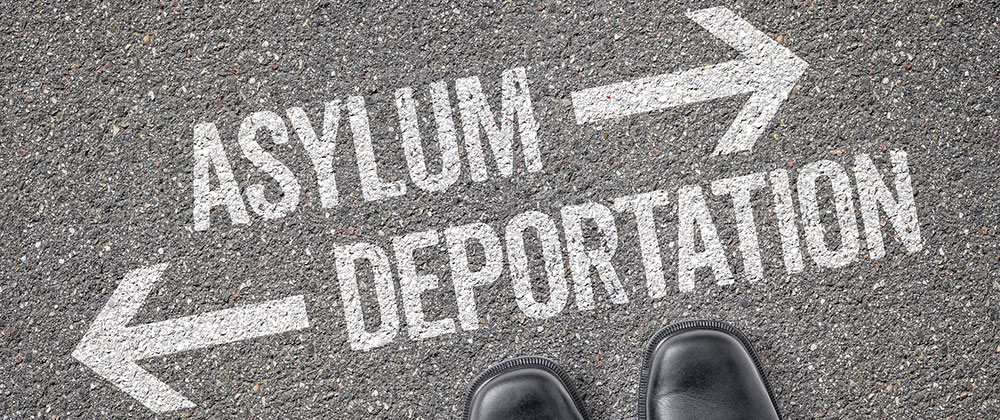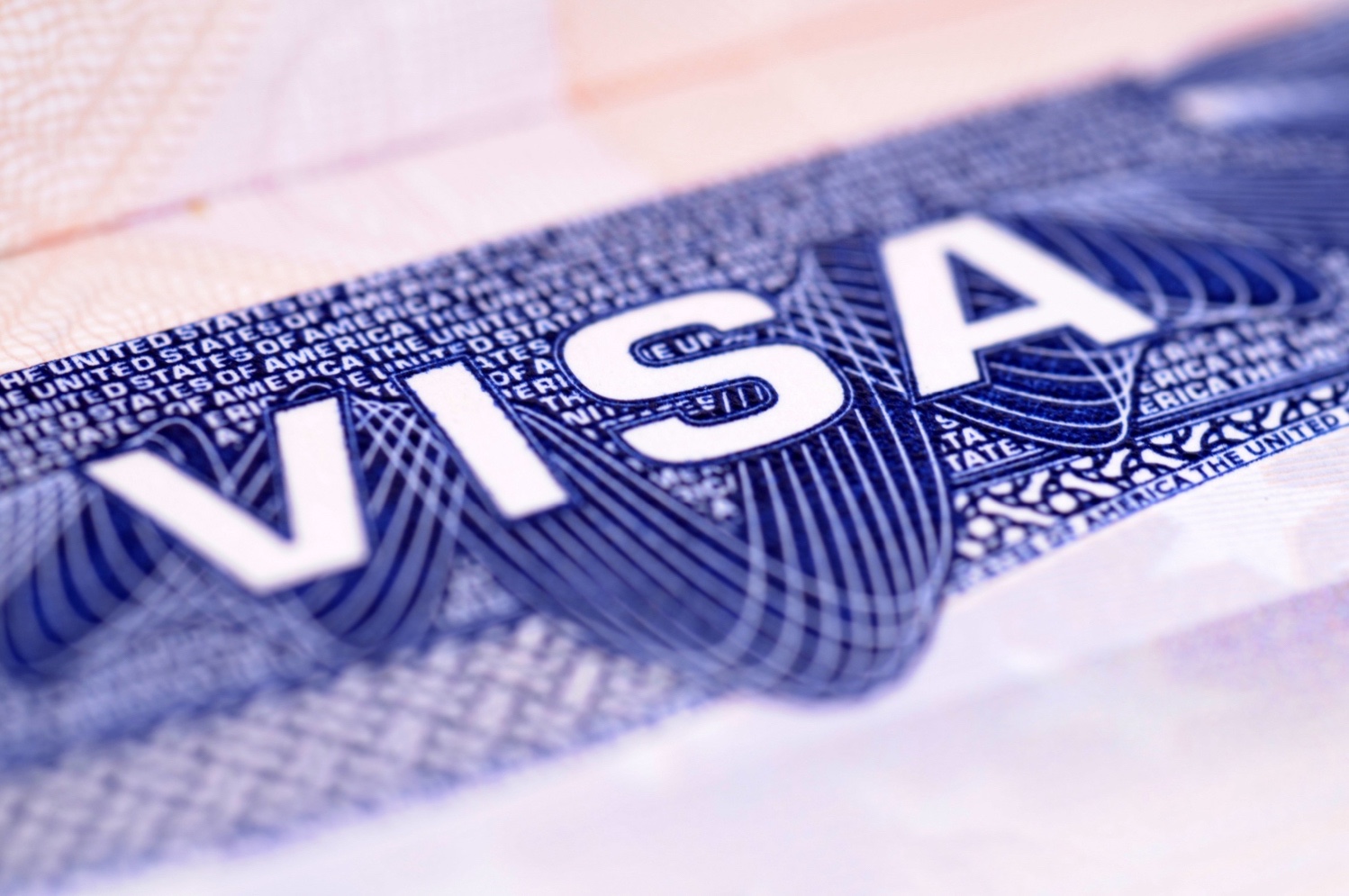Since April 1, 2011 the USCIS began accepting H-1B petitions. An H-1B applicant is a foreign worker engaged in a specialty occupation. The annual cap for applicants who only have bachelor’s degree is 65,000 annually; an additional 20,000 may be approved for applicants with master degrees or higher. If the number of applicants for H-1B with bachelor’s degree exceed 65,000 the USCIS may randomly select among those petitions who are qualified.
H1-B applicants who qualify under the following categories are exempt from the cap:
- Those who will be working for nonprofit universities;
- And for nonprofit research institutes;
- Or for U.S. or State research entities.
Candidates who already have received H-1B’s and are applying for renewal of work authorization or applying to work for a new employer are not counted against the cap and may be approved without limitation of the number who apply. These H-1B’s are even allow to work concomitantly in a 2nd H-1B job.
K.1 FIANCE (E)’S WHO MARRY WITHIN 90 DAYS OF ARRIVAL MAY OBTAINPERMANENT RESIDENCE EVEN IF THE FIANCE (E) HAS DIVORCED
In March 2011 the Board of Immigration Appeals held that in the case of a K-1 visa holder who has married a U.S. petitioner within 90 days of arrival in the U.S. and has been married more than two years and is entitled to permanent residence, not provisional residence. The Board has also held that when the K-1 visa holder has married within 90 days of arrival in the U.S, even if the marriage thereafter is dissolved, the K- 1 visa holder may still obtain permanent residence by showing that the marriage was entered into good faith.
JAPANESE NATIONALS STRANDED IN THE U.S. AS A RESULT OF THE EARTHQUAKE OR THE TSUNAMI.
In early March 2011 the USCIS announced that Japanese nationals might be permitted to extend their visa waiver period of 90 days by an additional 30 days. Due to the earthquake and tsunami Japanese nationals have been advised to go to a local USCIS office with evidence of why they have been stranded and to exhibit their arrival departure forms (I-94). Late march Japanese nationals were advised that even if their authorized stay had expired, they might change or extend their status or receive extensions of advance paroles. Japanese F-1 students might also request off campus employment if they have suffered financial reverses. The USCIS will also try to expedite the immigrant petitions for Japanese who are immediate relatives of US citizens and permanent residents.
If you need help or advise, call us at (212)944-9420
Our assistance is only a phone call, or e-mail communication away!



